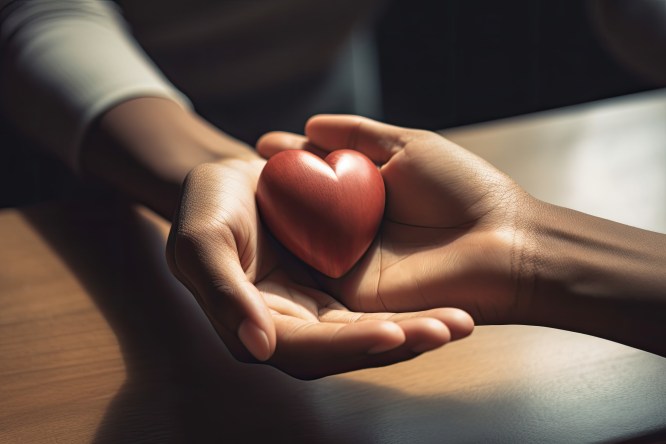Editor’s note: The following article is an op-ed, and the views expressed are the author’s own. Read more opinions on theGrio.
Love has often been overlooked as a driving force for change. However, for Black communities worldwide, love has always been more than a sentiment; it is an intentional and powerful force that fuels transformative action.
Despite both growing up in the ’90s in Black households, our individual upbringings couldn’t be more different. One of us grew up in Oak Cliff, Texas, a predominantly Black, urban neighborhood, south of Dallas, and the other grew up in the predominantly white, rural community of Airdrie, Alberta, in Canada with respite found in select summers spent in the warmth of Hopetown, Guyana.
While our contexts were different, the universal nature of love in our lives was the same and had a profound impact on both of us, forming the foundation of our work in social justice and equitable philanthropy. That’s why we cannot ignore the wholesale attack on Black communities. In the United States, we are faced with the undoing of 45 years of legal protection with the recent Supreme Court decision rejecting affirmative action at colleges and universities, ending the consideration of race to increase diversity on campuses across the United States. Book bans that eliminate our storytelling, literature and theories addressing race, racism, or featuring characters of color are increasing — by a shocking 28% during the first half of the 2022-23 school year. Not to mention the complete fabrication of history that suggests enslaved people “developed skills” that could be used for “personal benefit” in Florida’s new social studies curriculum. Globally, we are seeing asylum seekers left homeless or facing death at sea. Across each of the United Nations’ Sustainable Development Goals (SDGs), Black people are disproportionately negatively impacted across every single…
Read the full article here



